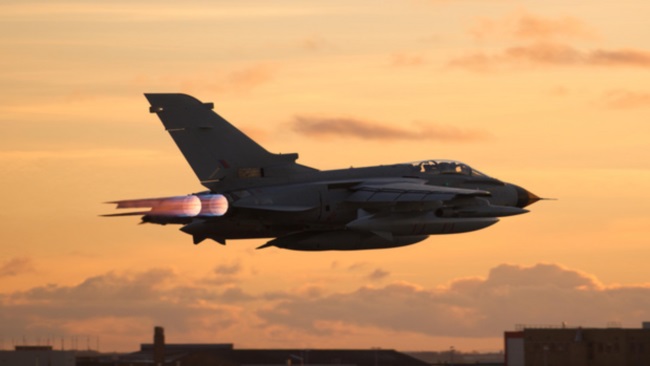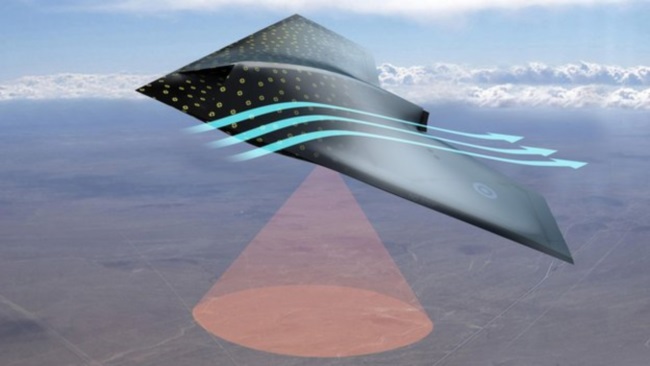Traveling on an airplane can sometimes be stressful. With so many recent safety issues and concerns, travelers just want to know that they are in good hands. Now, a new technology is helping to improve overall aircraft safety.

BAE Systems engineers at the Advanced Technology Center in England are working on a concept that could grant planes human-like “skin” that would enable them to detect injury or damage, as well as the ability to feel the world.
The skin would consist of tens of thousands of micro-sensors applied to the actual aircraft that will enable it to sense wind speed, temperature, and physical strain and movement — and with more accuracy than current sensor technology.
The “smart skin” will allow an airplane to monitor its overall health and then report its status before any issues become truly problematic.
The tiny sensors that would be used in the technology could be as small as grains of rice or even as small as dust particles at less than 1 mm squared.

The sensors would have their own power source and when paired with the appropriate software could communicate in a way similar to a human's skin and brain. The sensors are so small that BAE engineers are even exploring the possibility of retrofitting them to existing aircraft and spraying them on like paint.
“By combining the outputs of thousands of sensors with big data analysis, the technology has the potential to be a game-changer. In the future we could see more robust defense platforms that are capable of more complex missions whilst reducing the need for routine maintenance checks. There are also wider civilian applications for the concept which we are exploring,” said Lydia Hyde, the senior research scientist leading the project.
Hyde came up with the idea for this skin technology while she was doing her laundry and noticed that her tumble dryer used a sensor to prevent it from overheating.
“Observing how a simple sensor can be used to stop a domestic appliance overheating got me thinking about how this could be applied to my work and how we could replace bulky, expensive sensors with cheap, miniature, multi-functional ones,” said Hyde.
Using the smart skin technology would even reduce the need for excessive ground check-ups and allow for quick part replacement if needed. Overall, the system could increase aircraft maintenance efficiency and improve safety.
Story via BAE Systems.
Advertisement
Learn more about Electronic Products Magazine





